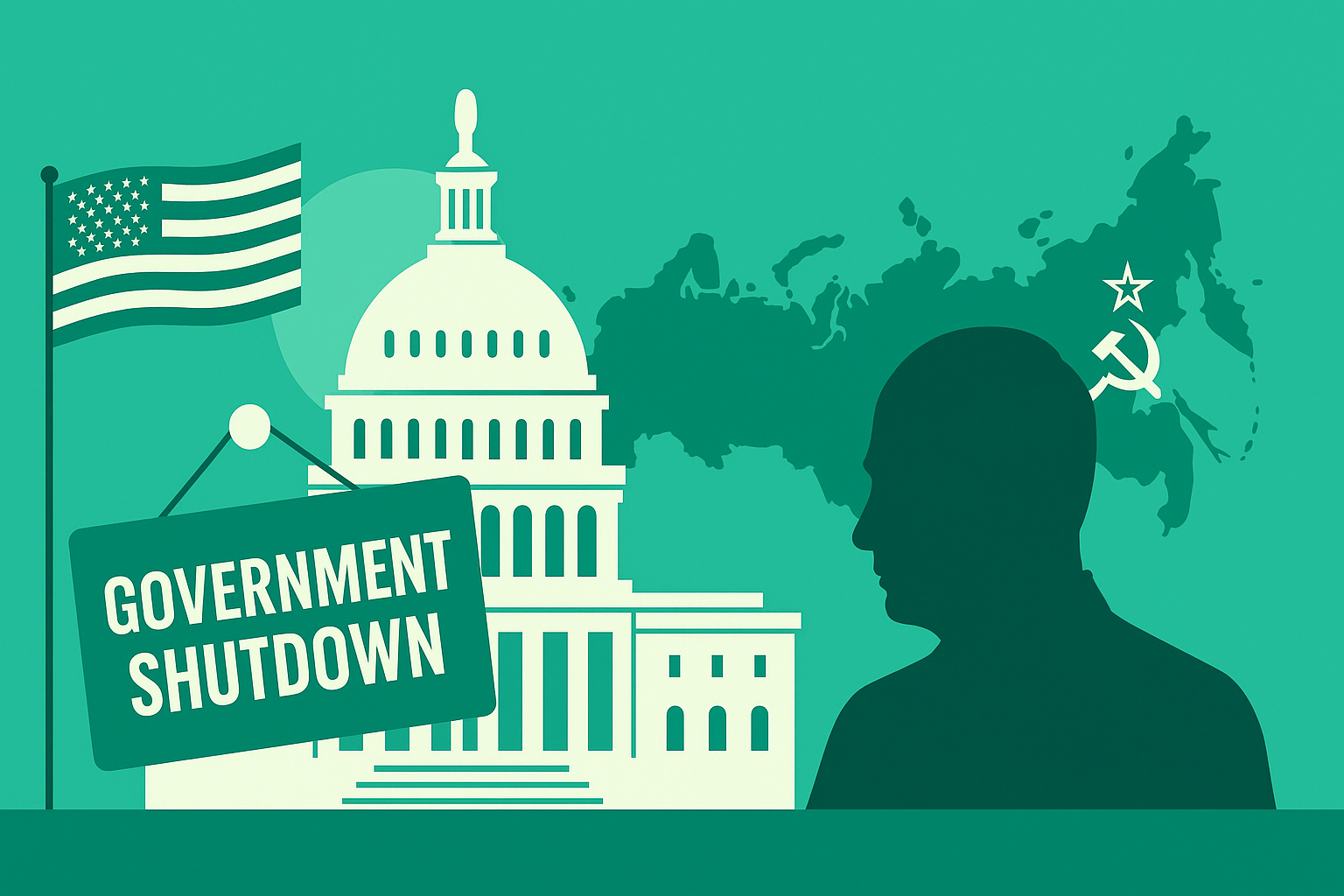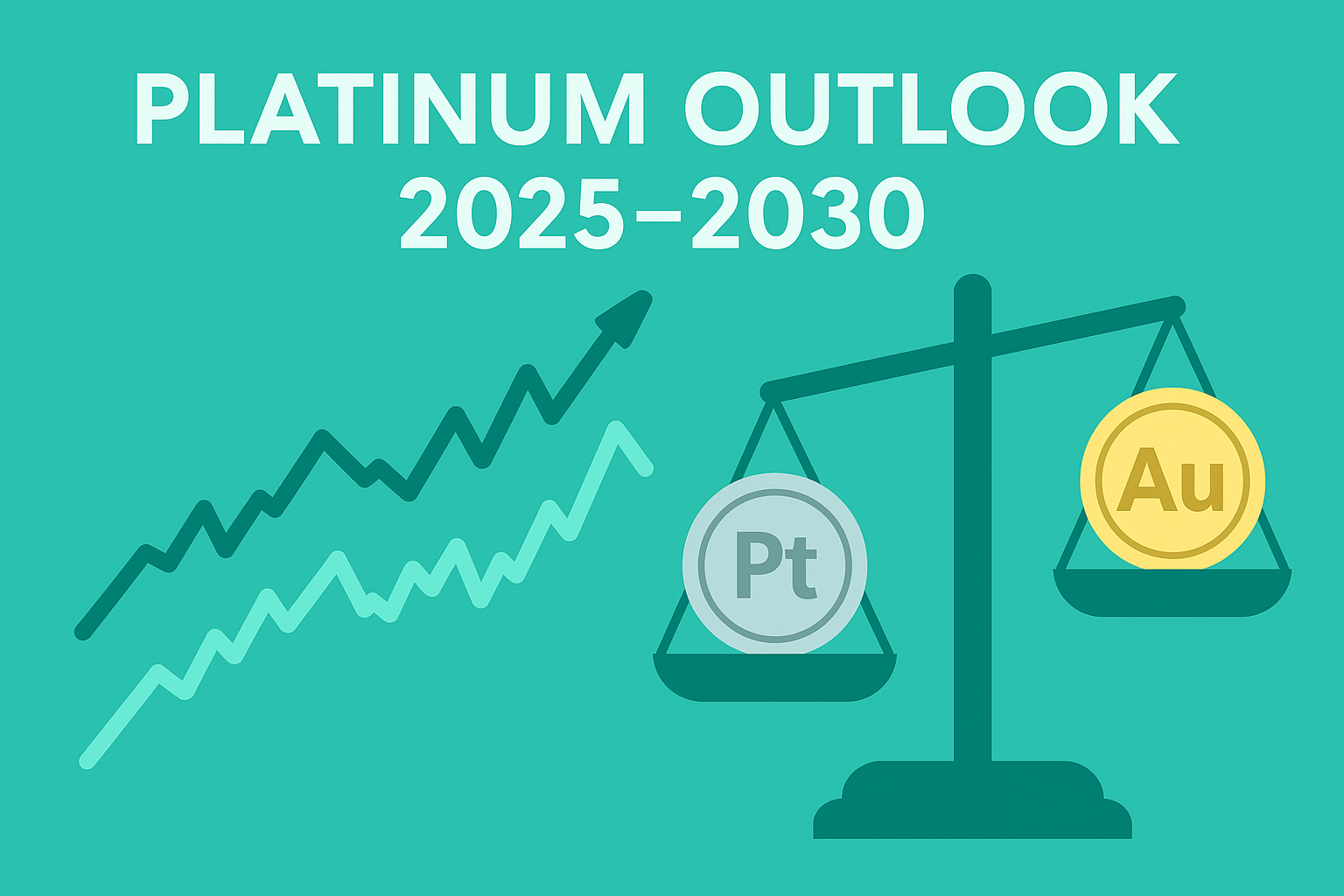Wrote By:Global Economist 2025/10
- Introduction
- 1. Russia’s Core Perception: Exposure of U.S. Institutional Fragility
- 2. Economic and Financial Dimensions: Pressure on U.S. Credibility
- 3. Geopolitical Perspective: Diplomatic and Security Opportunities
- 4. Constraints and Risks: Why Moscow Cannot Be Overly Optimistic
- 5. Conclusion: A Propaganda Asset, Not a Strategic Victory
Introduction
The U.S. government shutdown of October 2025 is not only a manifestation of deep political polarization within Washington but also a geopolitical event with significant global reverberations. For Russia, long positioned as a strategic rival to the United States, this shutdown represents more than a domestic budgetary stalemate—it is a window of opportunity to highlight U.S. institutional fragility and to advance its own narrative of a multipolar world order. This report analyzes, from an economic and geopolitical perspective, how Russia views the U.S. government shutdown and how it may seek to capitalize on it.
1. Russia’s Core Perception: Exposure of U.S. Institutional Fragility
Russian officials and pro-government media traditionally frame U.S. domestic dysfunction as evidence of the failures of Western democracy. The spectacle of hundreds of thousands of federal workers placed on furlough and critical services suspended is perceived as a chance to underscore the weaknesses of American governance.
- International Propaganda Value: Casting the U.S. as a “divided nation” while contrasting Russia’s own model of centralized stability.
- Domestic Legitimacy: Reinforcing the Kremlin’s narrative that “the Russian system is more resilient” than Washington’s political gridlock.
2. Economic and Financial Dimensions: Pressure on U.S. Credibility
Shutdowns undermine confidence in the fiscal and administrative capacity of the U.S., unsettling global markets. While Russia cannot directly engineer these shocks, it views them as weakening the foundation of U.S. financial hegemony.
- Erosion of Dollar Hegemony: A prolonged shutdown raises questions about the safety of U.S. dollar–denominated assets. Russia, already pursuing “de-dollarization” through gold reserves and yuan-based trade, sees validation in these doubts.
- Commodity Markets: Political uncertainty in Washington can lift risk premiums in oil and gas markets. As an energy exporter under sanctions, Russia may benefit from firmer prices.
3. Geopolitical Perspective: Diplomatic and Security Opportunities
The most valuable dimension for Moscow lies in the geopolitical sphere. If Washington turns inward, Russia sees more room to maneuver internationally.
- Slower Ukraine Support: Paralysis in U.S. budget negotiations could delay military and financial aid to Kyiv, providing Russia tactical breathing space.
- NATO Cohesion Under Strain: European allies may reassess their reliance on Washington, creating openings for Russia’s divide-and-rule strategies.
- Delegitimizing U.S. Leadership: Every episode of dysfunction erodes the U.S.’s claim to be the global leader of democratic governance, strengthening Russia’s advocacy of a multipolar order.
4. Constraints and Risks: Why Moscow Cannot Be Overly Optimistic
Yet Russia’s room for maneuver is not unlimited.
- Spillover Risks: U.S. market turbulence can backfire, sending shocks through energy prices and global capital flows that Russia itself cannot fully shield against.
- Potential U.S. Backlash: Visible exploitation of American weakness could harden U.S. resolve, pushing Washington toward even more aggressive foreign policy responses.
- Russia’s Own Structural Weaknesses: Sanctions, budget deficits, and demographic decline mean Russia cannot fully transform U.S. dysfunction into strategic gain.
5. Conclusion: A Propaganda Asset, Not a Strategic Victory
Russia ultimately treats the U.S. shutdown less as a decisive victory than as a propaganda asset. It allows Moscow to frame America as unstable and unreliable while bolstering its narrative of a multipolar world. However, Russia remains cautious, aware that global market instability and U.S. counterreactions could undermine any gains.
In short, Russia sees the U.S. government shutdown as an opportunity to chip away at American credibility and reinforce its own geopolitical discourse—but not as a structural shift in the balance of power.


